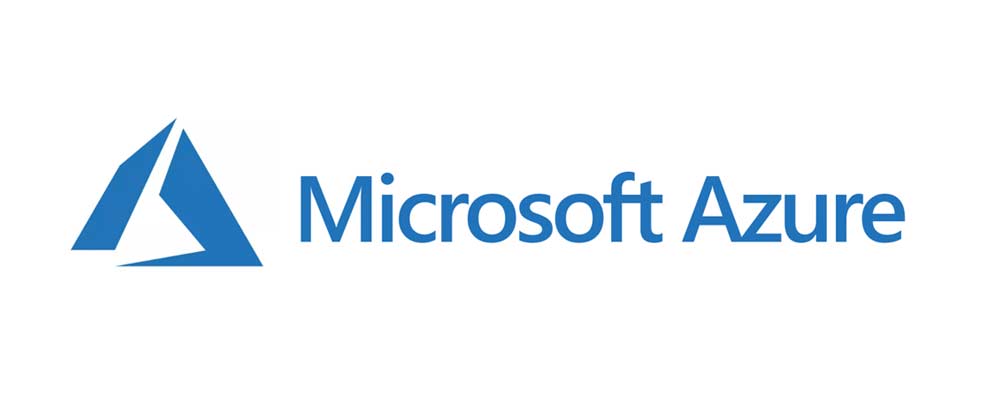Blog post
Why 2019 was an important year for Microsoft Azure certifications

By Samantha Allen 02 Nov 2018

You may have heard about some changes in Microsoft Azure recently. At their September 2018 Ignite conference Microsoft released detailed information about important changes they’re making to the Azure curriculum. Whether you’re already using Microsoft Azure, have existing qualifications or are considering training yourself or your team members up, you’ll want to know how the changes will affect you and your business. Here’s an overview of what changed, how to adapt and embrace these changes, and why Azure could be the best option for your IT infrastructure in 2020 and beyond.
Cloud computing is fast becoming the most popular and sensible choice for business infrastructure. Hosting your own IT system is no longer the best solution. As well as the cost of buying and upgrading hardware, you also need to pay administrators to maintain and update the hardware. This makes no sense now you can simply pay a cloud provider to host your services in their data centres for a monthly fee. As well as being cost-effective, cloud computing is reliable, easy to scale up or down, and offers the highest levels of security.

What is Microsoft Azure?
Microsoft Azure is a cloud computing service that works similarly to Amazon Web Services (AWS) and the Google Cloud Platform.
As a cloud computing service you pay for access to a huge range of computing resources provided by Microsoft (or Amazon, or Google). You can host web servers, email servers, databases, file storage servers, virtual machines, user directories, and anything else you might want. When you need more computing resources, you don’t have to purchase physical hardware. You simply pay for the space you’re using on the shared “cloud” hardware, and the processing power you use.

Why is Microsoft Azure best for IT infrastructure?
While any of the big 3 cloud systems are more secure than your traditional IT infrastructure, Microsoft leads the way with security. Azure automatically encrypts all data, so while the “cloud” is a shared environment, nobody else has access to it. It’s also much easier to be GDPR compliant using a secure cloud-based service like Azure.
The only way you’re vulnerable is if you have bad password protection, whereas with traditional hosting you’re vulnerable if anything happens to your hardware. So if your office gets burgled, flooded or set on fire, your business is at risk. With a cloud-based system like Microsoft Azure, automatic backups protect your data in the cloud and you don’t need to worry about any hardware faults.
Another huge advantage of Azure is the scalability, so as your business grows and evolves your system will naturally expand with you whilst remaining cost-effective. If you need more power it’s available in a matter of minutes rather than days, with the click of a button.
Amazon Web Services (AWS) was the pioneer of cloud infrastructure systems, and while it may be great for large databases, when it comes to putting apps in the cloud Microsoft Azure is better equipped. Microsoft's process considers things for the developer and operations, both of which come with in-depth start guides. They also boast more levels of certification than any other cloud provider.
What’s changing with Microsoft Azure?
As we’ve already established, Microsoft excels at training and certifications, so it’s understandable that they keep improving their offerings continuously.
As well as courses, there are new learning paths mapped to job roles, based on Microsoft’s business skills analysis. 2018 saw 3 changes to the Azure certifications, and 2019 saw the introduction of an additional 10+ role-based paths. Microsoft also announced that parts of the existing Azure curriculum and certifications will be retired, to further strengthen their new learning paths. But there’s no need to panic, as there will be a route for easy transitions to the new qualifications.
As the landscape of training changes, the courses will be taught with a less formal approach. Microsoft have embraced a more free-form workshop model of delivery to give a far more agile feel to the class. Each learning path is made up of single day courses that focus on a single technology, with far more detailed focus on fewer topics going forward. This means the new exams will be easier to prepare for.
Why the changes?
Microsoft is making these changes to the Azure certification paths to better align the certifications with the job roles professionals are actually working in. The current existing certification exams for Microsoft Azure are extremely broad in topics. They cover a vast range of skills which are difficult for most professionals to master.
Going forwards, learners will have more control over their Azure education. Each new certification will be informed by detailed business analysis, and aligned to specific career paths. The course content will include purely role-relevant technologies, which is good news. The result will be less wasted time and effort spent on learning irrelevant content.

What does this mean for me?
Regardless of where you are with your Azure training, there’s no need to panic. Existing qualifications will be carried forward if you take a transition exam. It’s not a bad thing at all that Microsoft are emphasising the importance of recertifying to stay current with your qualifications. Historically they have insisted that learners “upgrade” their qualifications, but now it’s a much simpler “transition” and your certifications will be migrated over to the new paths.
70-533 -> AZ-102: Microsoft Azure Administrator Certification Transition
70-532 -> AZ-202: Microsoft Azure Developer Certification Transition
70-535 -> AZ-302: Microsoft Azure Solutions Architect Certification Transition
At Go.Courses our mission is to bring you the world’s best IT courses. Our aim is to make it super simple to book and learn new skills. We’ll keep sharing useful information about changes to Azure curriculums as well as many other topics.
You can browse our courses and Browse all the Microsoft Azure courses online, or give us a call to find out more.








